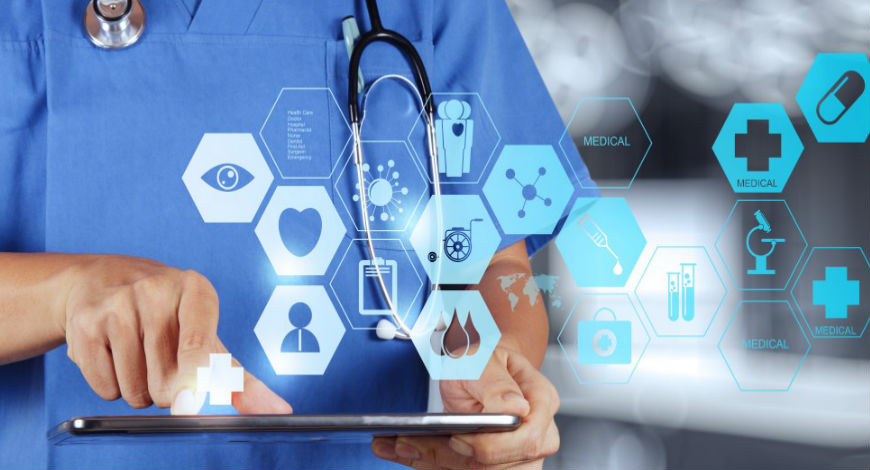Health technology has revolutionized the way we approach healthcare, transforming the industry and improving patient outcomes. With advancements in medical devices, telemedicine, artificial intelligence (AI), and big data analytics, health technology has opened up new frontiers and possibilities in diagnosing, treating, and managing diseases. In this article, we will explore the remarkable progress made in health technology and its potential to shape the future of healthcare.
Wearable Devices: From Fitness Trackers to Personalized Healthcare
Wearable devices have gained significant popularity in recent years. Initially focused on fitness tracking, these devices now offer an array of health-related features such as heart rate monitoring, sleep tracking, and stress management. They provide individuals with valuable insights into their health and wellness, promoting proactive healthcare management. Moreover, wearable devices are increasingly being integrated into clinical settings, enabling remote patient monitoring and the early detection of critical health issues.
Telemedicine: Bridging the Gap in Healthcare Accessibility
Telemedicine has emerged as a game-changer in healthcare, particularly in remote areas where access to quality medical care is limited. Through video consultations, remote monitoring, and digital health platforms, telemedicine enables healthcare professionals to deliver timely and efficient care regardless of geographical boundaries. Patients can consult with doctors, receive diagnoses, and even access prescriptions from the comfort of their homes. The COVID-19 pandemic has further accelerated the adoption of telemedicine, highlighting its importance in ensuring continuity of care during times of crisis.
Artificial Intelligence and Machine Learning: Enhancing Diagnostics and Treatment
Artificial intelligence (AI) and machine learning (ML) have immense potential in revolutionizing healthcare. These technologies can analyze vast amounts of medical data, identify patterns, and generate insights that aid in diagnosis and treatment planning. AI algorithms can accurately detect anomalies in medical images, predict disease progression, and assist in personalized medicine. Machine learning models can process electronic health records to predict patient outcomes, improve clinical decision-making, and optimize treatment plans. The integration of AI and ML into healthcare systems promises to enhance accuracy, efficiency, and patient outcomes.
Robotics and Automation: Streamlining Healthcare Operations
Robotic systems and automation technologies are transforming healthcare operations, enhancing efficiency, and reducing the potential for human error. Surgical robots enable minimally invasive procedures, providing surgeons with enhanced precision and control. Robots also play a vital role in repetitive tasks such as medication dispensing, sample handling, and patient monitoring. Automated systems can streamline administrative processes, data entry, and record-keeping, freeing up healthcare professionals to focus on patient care. As these technologies advance, we can expect increased utilization and integration into various healthcare settings.
Big Data Analytics: Unlocking Insights for Improved Healthcare
The healthcare industry generates massive amounts of data, and harnessing this information can revolutionize patient care. Big data analytics can identify trends, patterns, and correlations within vast datasets, providing valuable insights into disease management and prevention. By analyzing patient data, researchers can discover novel treatments, predict outbreaks, and tailor interventions to specific populations. Real-time monitoring of health data can alert healthcare professionals to potential emergencies or adverse events, enabling proactive intervention. However, ensuring data privacy and security remain crucial challenges to overcome for widespread adoption.
Conclusion
Health technology has come a long way, revolutionizing the healthcare industry and improving patient outcomes. From wearable devices and telemedicine to artificial intelligence and big data analytics, these innovations have the potential to transform healthcare delivery, making it more accessible, efficient, and patient-centric.
As technology continues to evolve and new breakthroughs emerge, we can anticipate even greater advancements in health technology, empowering the future of healthcare and transforming the way we approach well-being. It is essential for healthcare professionals, policymakers, and industry leaders to collaborate and leverage these technological advancements to create a healthier and more connected world.









Leave a Reply
You must be logged in to post a comment.